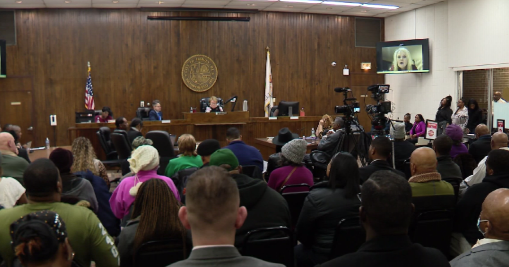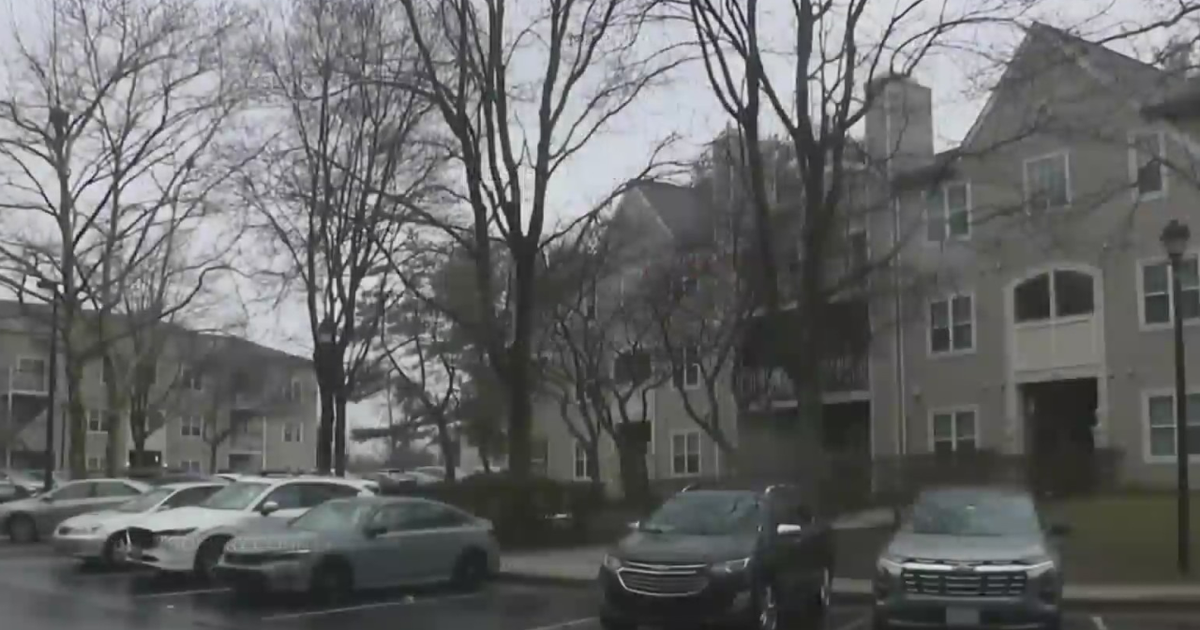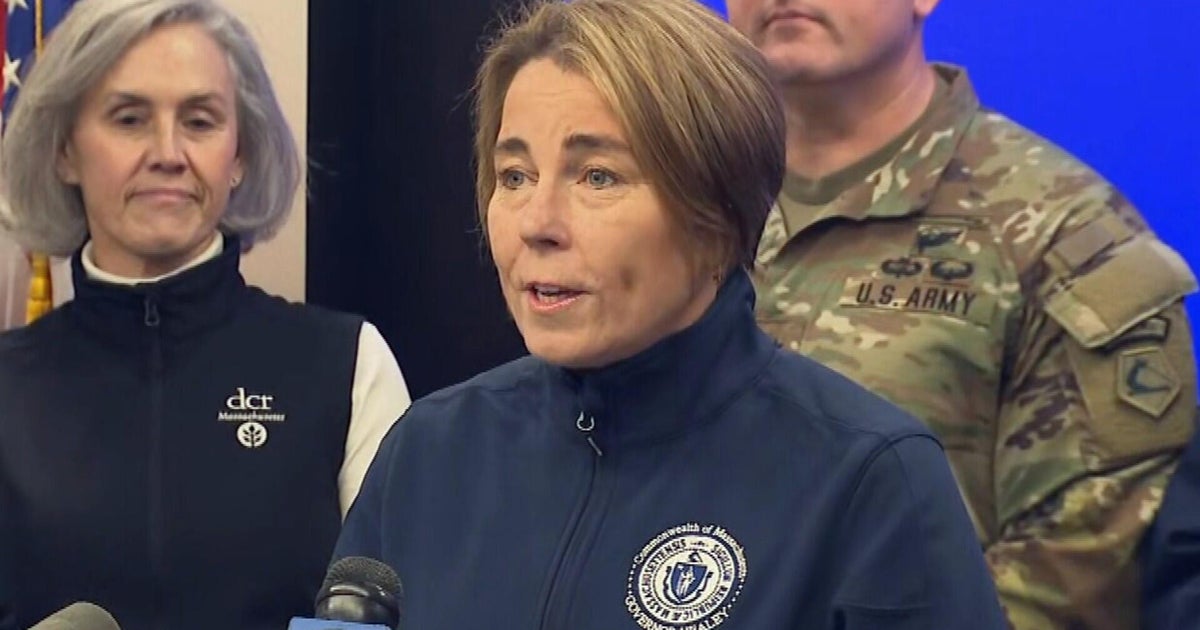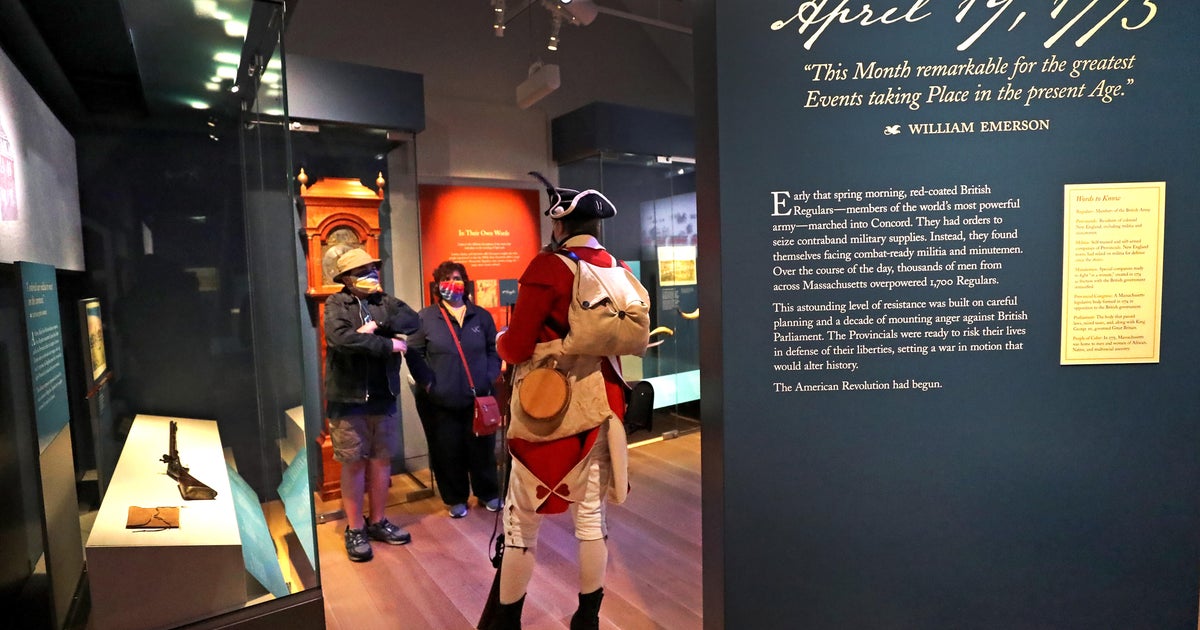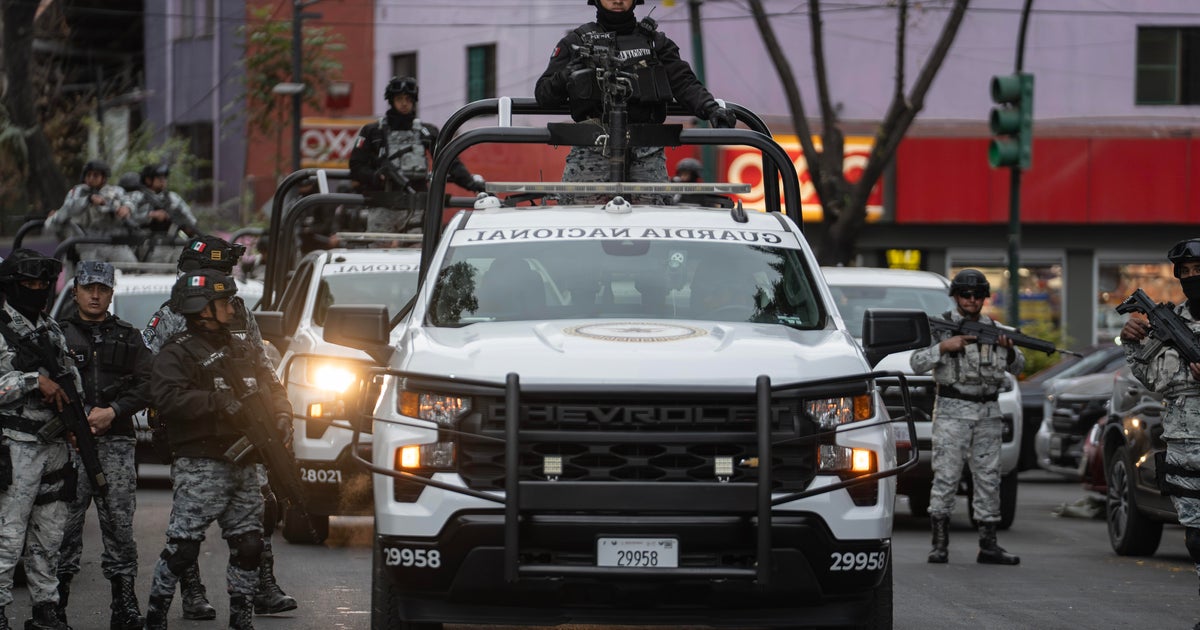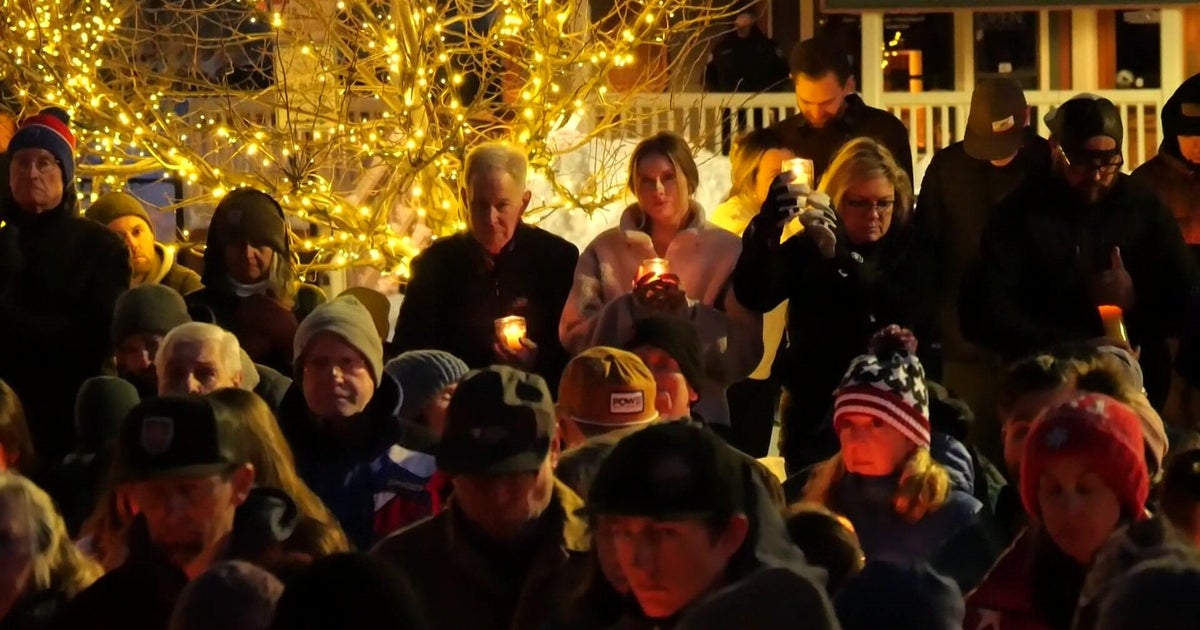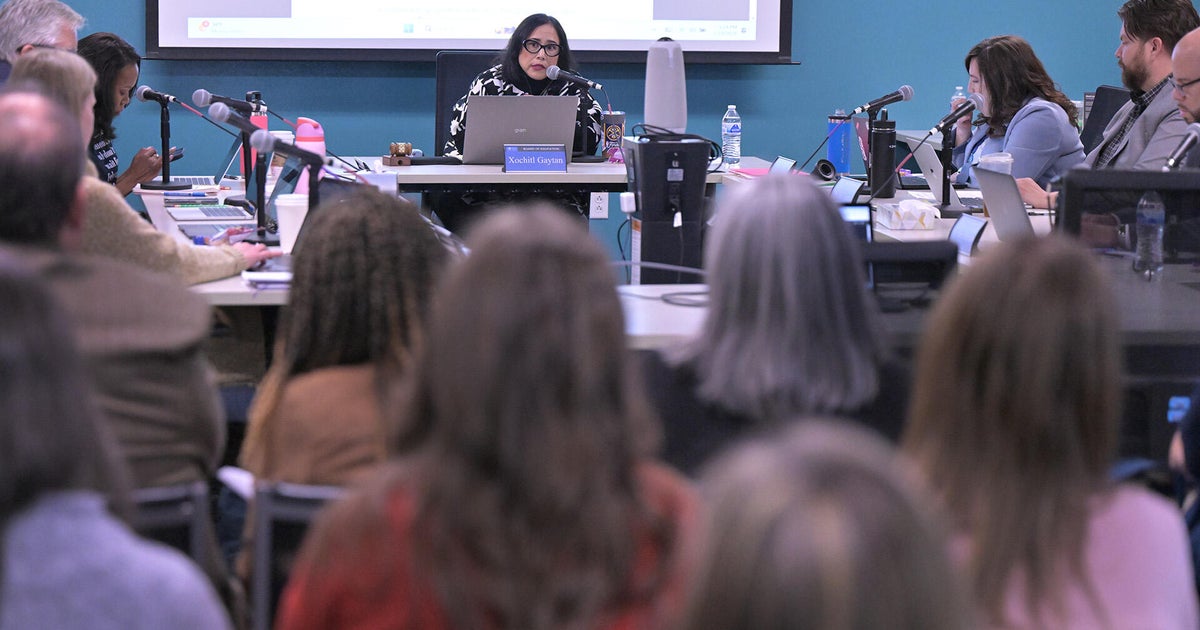Tribe's Controversial Casino Plan Fails To Get Majority Vote
BOSTON (AP) — A referendum which would have allowed members of the Aquinnah Wampanoag tribe to bring electronic, bingo-style games to an unfinished tribal community center on Martha's Vineyard failed to win a two-thirds majority vote on Sunday.
Tribal chairman Tobias Vanderhoop said the vote was 110-110 with eight votes disqualified.
"The will of our citizens, based on the result of today's vote, is that there will be no change to present course of the Tribe," Vanderhoop said in an email to The Associated Press.
He said the tribe's constitution requires a two-thirds majority vote for referendums to pass and "this initiative did not attain the required number of votes to become binding on the Tribal Council."
The voting came as the state, town and a local community association sued to block the project, arguing that a 1983 agreement granting the tribe nearly 500 acres on the famous resort island specifically prohibits gambling.
The tribe had maintained it was within its rights as a federally-recognized tribe to conduct limited gambling on tribal lands. A federal judge heard arguments in the case Wednesday and is to rule later.
The tribe was proposing electronic, bingo-style games, but not casino table games such as blackjack or roulette.
Tensions between town and tribe governments escalated earlier this summer when the tribe transferred control of the building to its casino corporation and began doing work on the site. The town successfully won a court order halting the work, pending a ruling in the lawsuit.
The casino debate also roiled the tribe's roughly 1,200 members.
Some of the most vocal opposition came from the island-dwelling minority, who represent roughly 15 percent of the tribe's membership. A number of them expressed concern about traffic, crime and other social problems a casino could bring.
"This is going to drastically affect our way of life," Jason Widdiss, who lives with his wife and four children in tribal housing near the proposed casino site, said prior to the vote. "Literally, this casino would be at the end of my road."
Supporters countered that casino revenues, which tribal leaders have suggested could be as much as $4.5 million a year, would allow their government to offer more critical services where the majority of its citizens live — off island.
Cheryl Andrews-Maltais, chairwoman of the tribe's gambling corporation, said she was frustrated opponents continue to fight the plan, noting that tribe members have voted in favor of it a number of times in recent years, including a narrow vote last year.
"We've already been through this," she said. "This is the only way that we feel we can close the gap between the haves and the have-nots. It's time for folks to begin looking at our resources as shared resources."
Bettina Washington, the tribe's historic preservation officer and a Boston-area resident, said before Sunday's vote that she was personally opposed to gambling but didn't like the idea of a federal judge deciding whether the tribe could open a casino, either.
"This is not what I picture us doing," she said. "However, I'll defend our right to game. It's our decision whether we are going to game or not."
Earlier in the week, Vanderhoop promised Sunday's vote would not end the tribe's pursuit of gambling, saying he would not rule out presenting a casino question to the tribe at a later time. Under tribal law, referendums can be posed annually.
"Gaming would continue to remain on the table," he said. "It would just have to take another form."
Copyright 2015 The Associated Press. All rights reserved. This material may not be published, broadcast, rewritten or redistributed.
